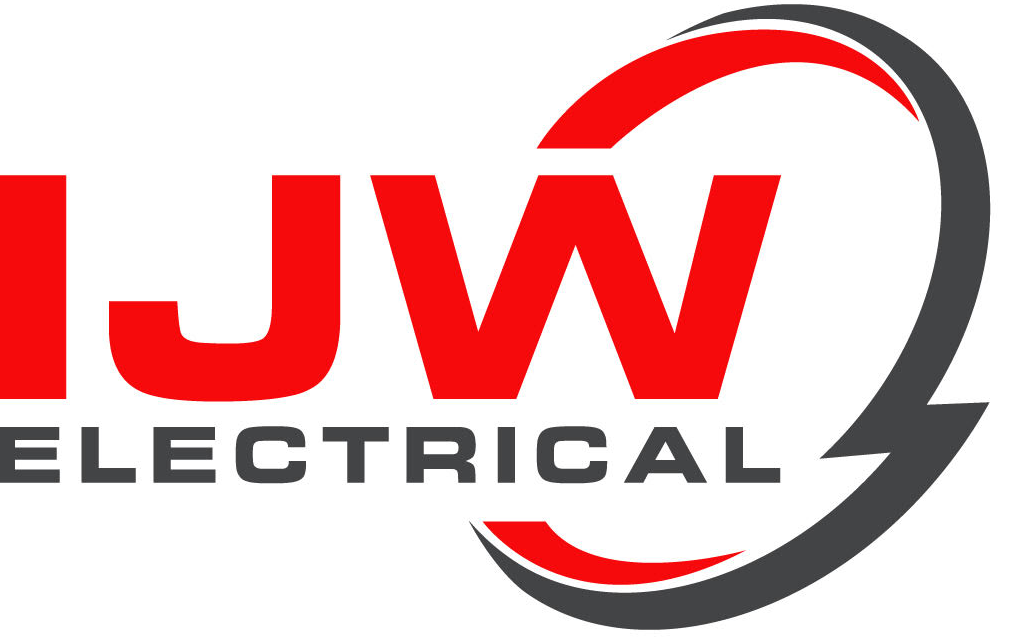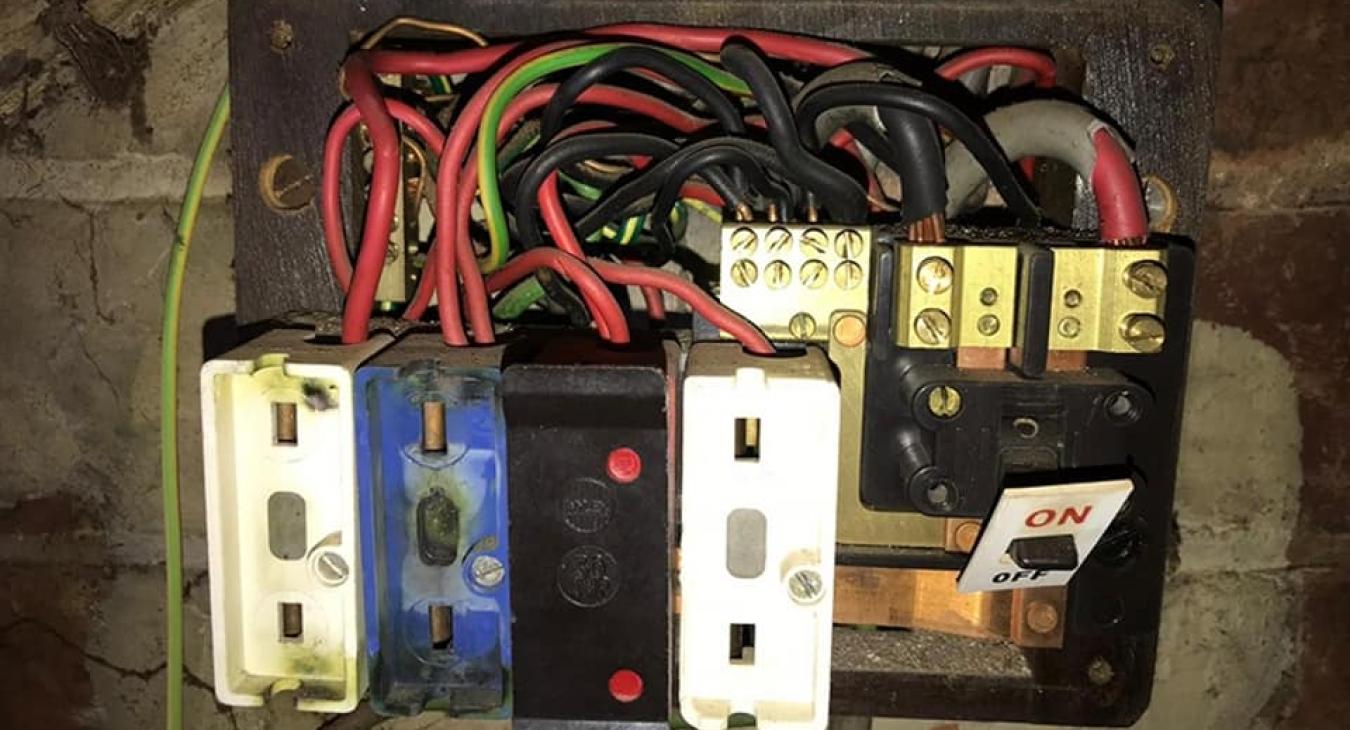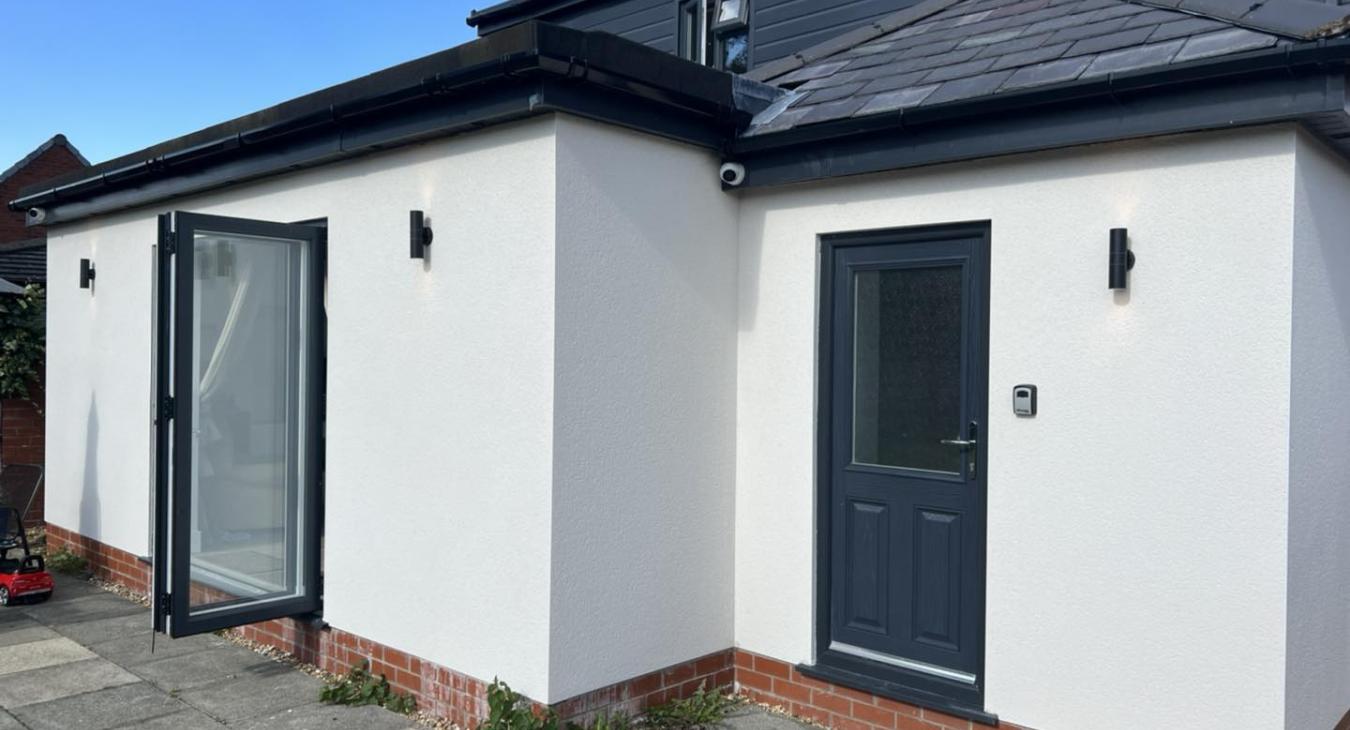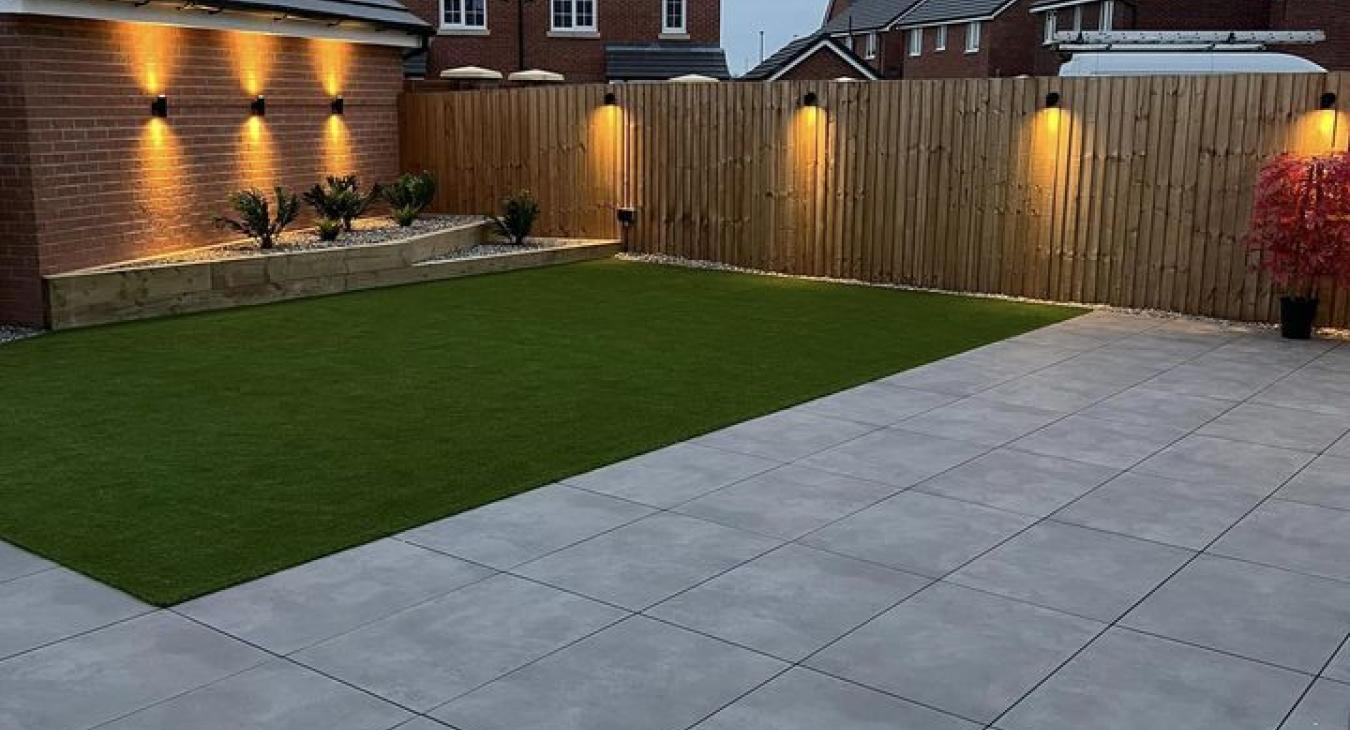There are no set guidelines as to when a property should be rewired. Just because your wiring’s old, it doesn’t mean it’s unsafe.
Many factors can affect the wear and tear of your electrical installation, including the materials used and how your property has been used.
We would advise that a periodic inspection is carried out on owner-occupied properties at least every 10 years and every five years in rented accommodation. The test will certify whether the electrics in a property are safe and tell you if anything needs upgrading.
You should carry out regular checks around the house on the condition of your cables, switches, sockets and other accessories. If you notice anything unusual - for example, burn marks on plugs and sockets, sounds of ‘arcing’ (buzzing or crackling), fuses blowing or circuit-breakers tripping - get a registered electrician to check your electrics as soon as possible.






